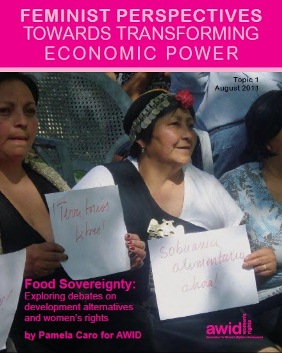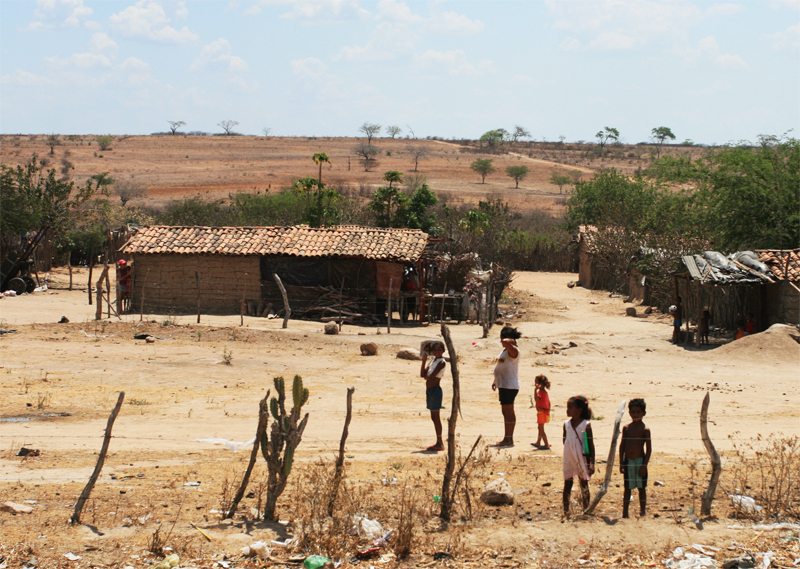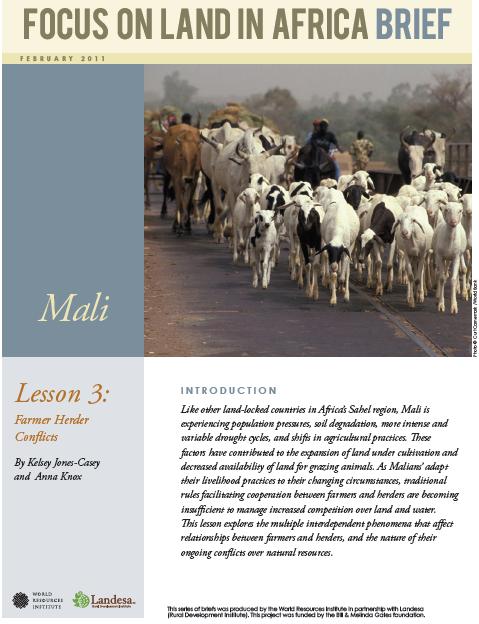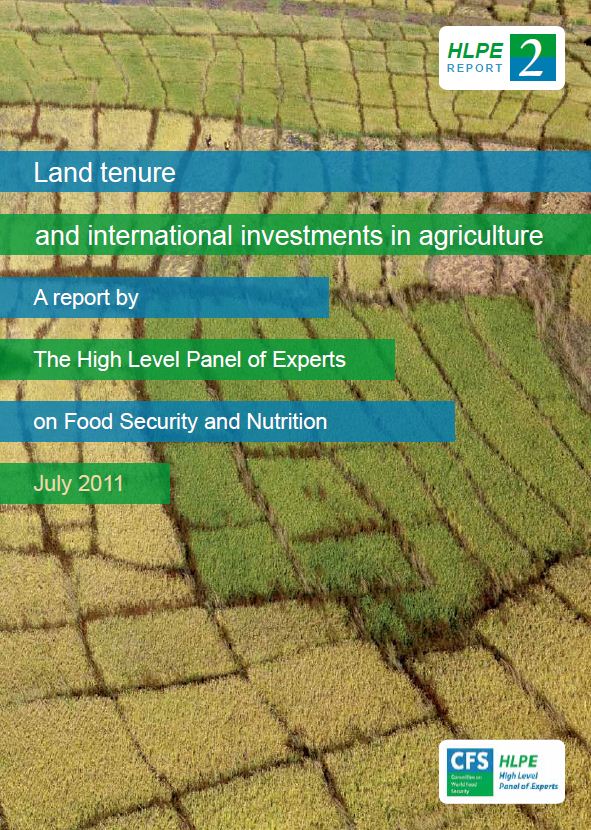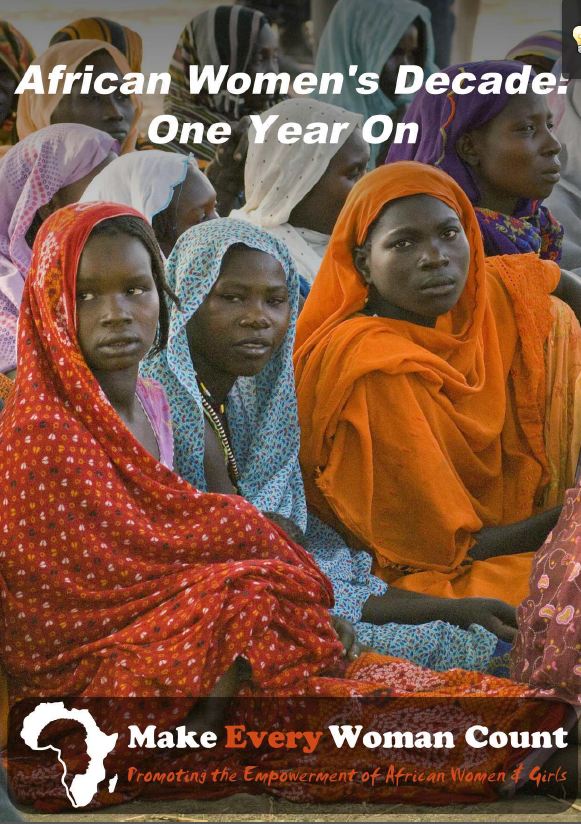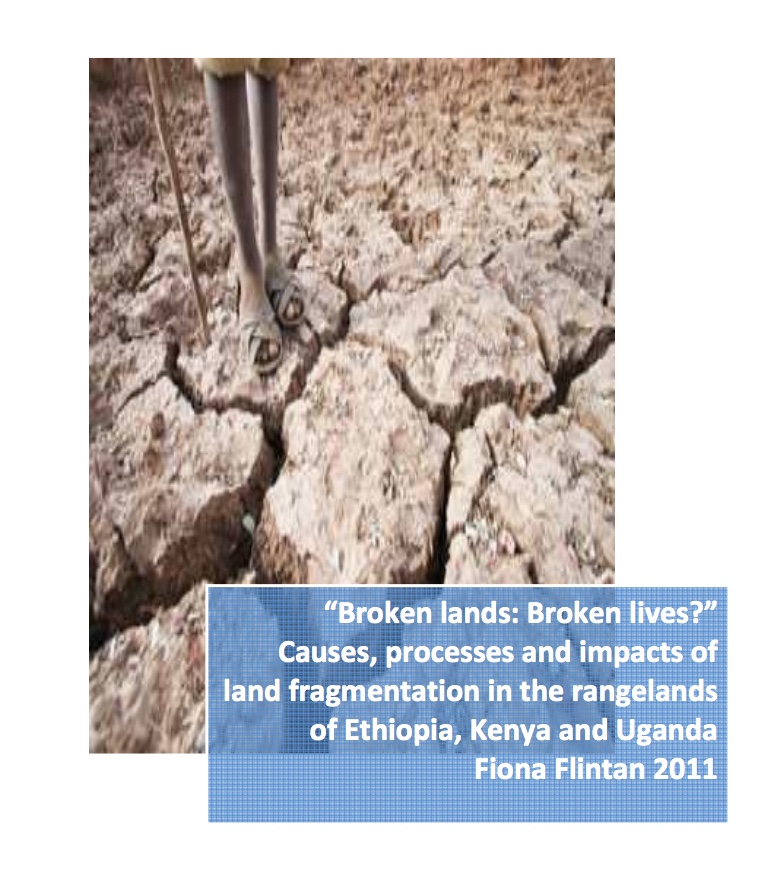Feminist Perspectives Towards Transforming Economic Power: Food Sovereignty
[By Pamela Caro - Coordinated by Alejandra Scampini] The Feminist Perspectives Towards Transforming Economic Power series shares information, experiences from the ground, and testimonies from diverse groups of women. It provides analysis and builds knowledge on alternative visions and practices of development, with a vision of transformation.

